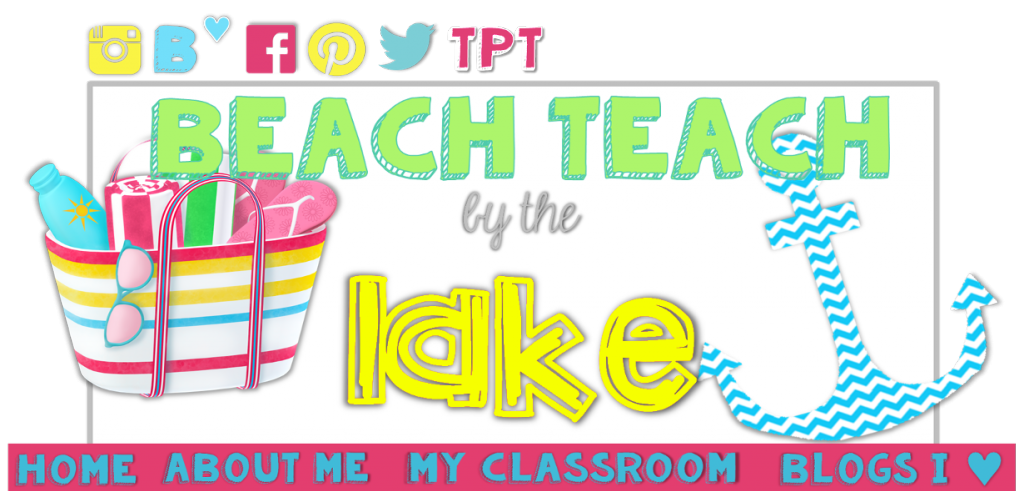I just finished my 2nd year in my own 1st grade classroom. Prior to that I was a Sub, Building Sub, Intern/Student Teacher, and Early Intervention Reading Tutor spread over the previous 5 schools years. But being in a classroom, your own classroom is very different.
I have debating making my own blog for a while, and even set it all up, but as a new teacher in the state of CT we are required to take part in TEAM, a mentor project based on 5 elements in teaching. This was a 2 year long process which required 8-10 week for each of the 5 elements and a 3000 word paper when you finished each section detailing what your focus was and why, what research you did, how you implemented the research into your classroom, and finally the impact on you and your students. It was overwhelming as a first and second year teacher. In addition to that and being a new teacher, I also got engaged within days of signing my contract 2 years ago, and married last summer!
 |
| I was ready, not stressed |
 |
| Can't leave him behind! |
 |
| Now we are 3 |
Now that things have finally settled down I feel ready to start on this grand new adventure.
Once I decided I was going to take the leap today and write my first post, I of course kept waking up with more ideas that I wanted to include (and drove my husband nuts every time I turned on my Ipad to write the ideas down). By the morning I had a list of 9 things that I wish I had know or that I learned during my first year teaching.
The list: (not really in any order)
1. Accept/Seek out/Ask for help
2. Try new things
3. Find your style, not someone else's
4. Remember the little successes
5. Balance real life with teacher life
6. Be positive
7. Find a mentor (a GOOD one)
8. It's ok to let your students see you laugh or be overly dramatic
9. Do no harm (this was from a grad school professor)
Now to explain them a bit.
1. Accept/Seek out/Ask for help
This one should be pretty obvious. As a new teacher you already know you have so much to learn about your building, grade level, curriculum, school policies etc. Just remember if you don't understand what is being explained, or all of those acronyms say so!
As a new teacher we often times don't want to appear lost, or unsure. We want to show that we earned the job we have just been hired to do. But lets face it, as a new teacher no matter how many years we went to college or how many degrees we have, it feels at times like we are learning to swim after being thrown in the deep end. So when one of your grade partners offers you a float, or a packet of fun activities they always use the first week or around holidays, take it. In time you will have ideas and resources to share with them, and will appreciate not being alone in the pool.
2. Try new things
Speaking of new things that you can share in return, as a new teacher I found I was much more willing to try new things than teachers who had been teaching for years in my building. Not reinventing the wheel, just finding new ideas on Blogs, Pinterest, and TPT, that veteran teachers had never tried. I found out at our End of the Year party that even though I have only been in my building for 2 years, I have already started to build a positive reputation as being willing to go out on a limb and try something that no one else has tried yet. Not a bad reputation to have I think! Then I started to think about how I might have gotten than reputation and listing all of the new things that I have tried and came up with quite a list;
-Rainbow chart not a Stop Light
-Daily 5
-CAFE
-Class Dojo
-GoNoodle
-Interactive Math Notebooks
-1 in depth math station a day/4 stations a week, rather than 2/3 stations a day that don't really challenge students
More importantly is of these new things I have tried, I have shared my learning with my grade partners and many of them plan to try them this year.
3. Find your style, not someone else's
My building has 9 first grade teachers, we are a pre-K through 2 school and the only primary school in the district. This means there are A LOT of different personalities amongst my grade partners. The first year it might seem easiest to do things just like one of your grade partners, and for some ideas it might be. However just like our 9 different personalities, we have 9 different teaching styles. The classroom across the hall from mine belongs to another 1st grade teacher. We laugh that we each only need to remember and know where 1/2 our stuff is since we can just run to the other for the other 1/2. However, she is the type who is SUPER organized, and I'm lucky if I can find my desk most days. I have learned more than I can imagine from her about how to organize my stuff, but I still live in a state of organized chaos.
If you walk into her room, the kids are usually quite and working hard. If you walked into mine you would be much more likely to hear chatting and kids moving around, but working just as hard. Each of our styles works for us, and more importantly works for the kids.
4. Remember the little successes
My first year teaching I had 19 first grade students, 3 were special needs, 2 had been dismissed from Special Ed over the summer, and 6 more were below benchmark. There remaining 8 students were not just at benchmark but were well above it. It made for an interesting school year. But when your students have such different abilities you quickly learn to celebrate all of their success, and all of yours.
5. Balance real life with teacher life
There are two types of exhaustion, physical and mental. My first year teaching, I was also planning my wedding and had just moved an hour from my parents house to live with my Fiance in the same district where I got a teaching job. I'm not sure what either of us expected, but I don't think it was the long hours I was putting in daily. I had more of an idea than he did since my mom is also a teacher, but your first year will definitely be a shock to your system. I remember one day in the fall, coming home and laying down on the couch with him and falling asleep the minute my head was down. This was maybe 6:30, and my at the time 4 year old step-son thought it was a great time to jump on and lay with us. I promised myself after that, to never leave school later than 6. There are still times when I'm tired, especially in the winter when the sun goes down at 4:30 so I literally don't see it, but not as much as that first fall.
The second type is mental. It is important to put down your work, to turn your teacher brain off, even if for a little while. Go to Happy Hour with your colleagues, watch a movie with your significant other, go shopping with friends, and turn your teacher brain off. It's not easy, believe me, my summer vacation isn't even 1/3 over but I've thought of school at least once a day.
6. Be positive
This might be another familiar piece of advice, but not all teachers follow it. There are teachers who will warn you about new students, and tell you the worst news so you might dread meeting them, but don't listen. Or the teacher's room might be filled with teachers complaining, walk away. Like the previous piece of advice, teaching can be exhausting, being positive helps to make it a little less so.
7. Find a mentor (a GOOD one)
As I explained when Introducing myself, new CT teachers have to take part in a Mentor project. We are assigned a mentor by the district who is there not only to help us with the project but with anything we might need help with as a new teacher. I was initially assigned one of the buildings Reading Consultants as my mentor. She is amazing at what she does, but as a first year 1st grade teacher, I needed someone within my grade level, someone to answer more specific questions that she couldn't. I also needed someone who recognized that I didn't teach reading all day, and that I had 19 students at any given time not 3 or 4. I was fortunate that my administration recognized the trouble I was having and offered me a new mentor, and more importantly ask for my input about who would be a good fit. Even though my TEAM project is complete, I still run to her anytime I have a question or am frustrated.
8. It's ok to let your students see you laugh or be overly dramatic
I'm sure all new teachers have heard the saying don't smile until Christmas vacation. I don't know who come up with this idea, but it seems this would make your first year even more exhausting. My students see me smile from the minute they walk in the door. More importantly, since they see me smile so often, they know that if I'm not, there is a reason and are quicker to listen. And at times, since so much of teaching is an act, acting overly dramatic is a way to get their attention, make a point or just lighten the mood.
9. Do no harm (this was from a grad school professor)
I had a professor in grad school, while I was getting my teaching certification, who use to tell us that the one piece of advice she would give to all of her first year teachers that she hired was to tell them "Do no harm". She explained that this meant, your first year will be hard, it will not be perfect, and the students might not even learn as much as you want them to, but as long as they leave at the end of that first year as happy, confident learners then you did no harm.
I'm sorry this first post was soooo long, and promise that this probably won't always be the case, but as someone who still considers myself a new teacher, I know how important the first year can be.
I'm sorry this first post was soooo long, and promise that this probably won't always be the case, but as someone who still considers myself a new teacher, I know how important the first year can be.



No comments:
Post a Comment